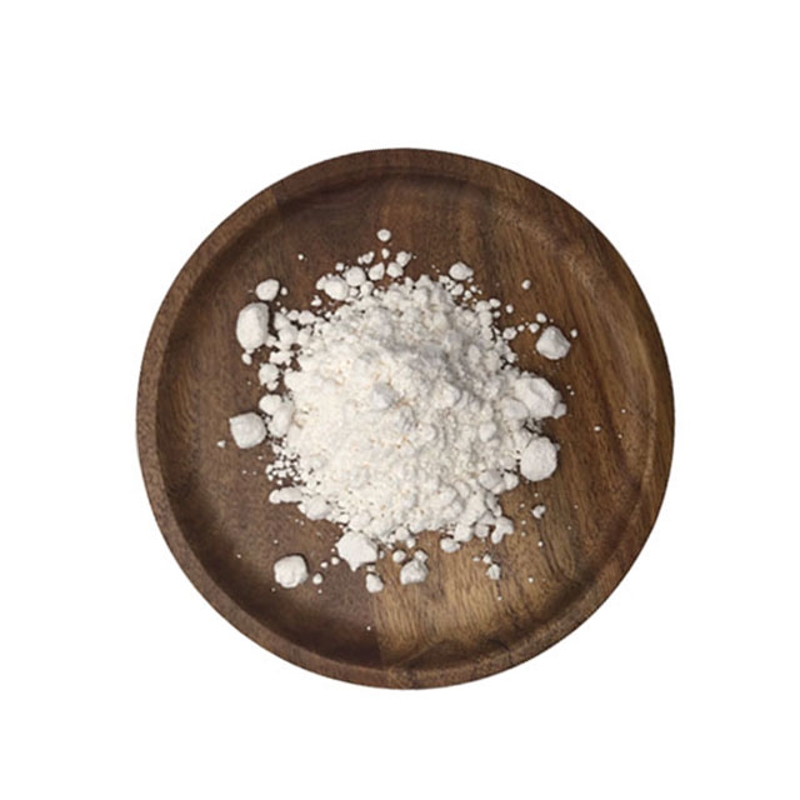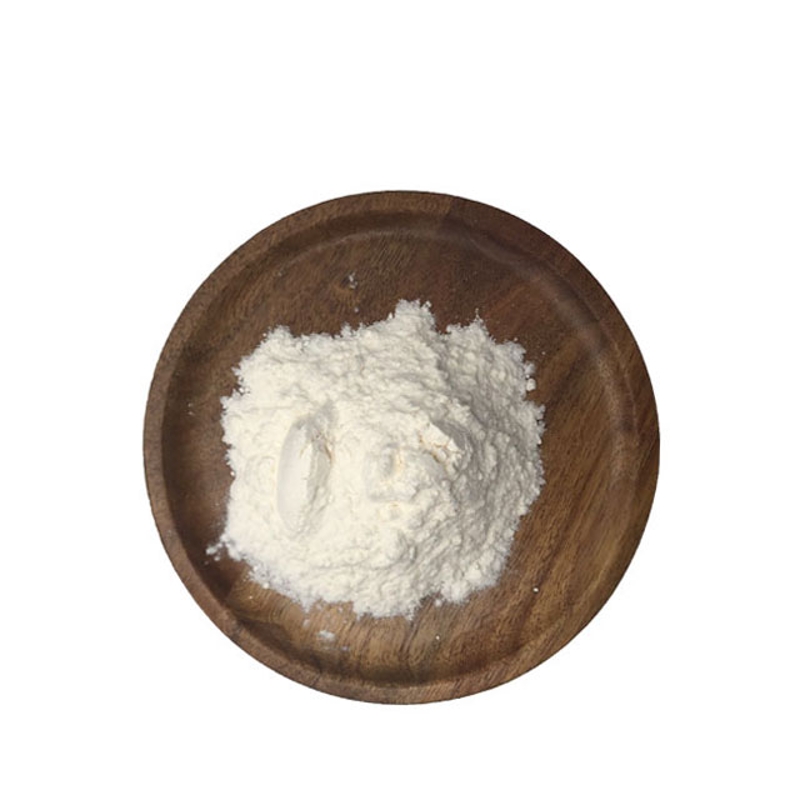2020 CSCO BC Conference . . . Fellow Wang Xiaodong: Innovation and Challenge of Biomedicine.
-
Last Update: 2020-07-17
-
Source: Internet
-
Author: User
Search more information of high quality chemicals, good prices and reliable suppliers, visit
www.echemi.com
"2020 CSCO breast cancer annual meeting and 2020 National Breast Cancer Conference" will be held on schedule from July 10 to 11, 2020.in view of the special situation of the current epidemic situation, the meeting was held in Beijing by combining offline and online methods.at the scientific frontier forum this morning, Academician Wang Xiaodong from the Research Institute of Beijing Academy of life sciences delivered the theme of "opportunities and challenges of biomedical innovation".details are as follows: innovation and challenges of biomedicine mainly include four aspects: discovery of targets and mechanisms of action in basic science; development of small molecule compounds and biomacromolecules by pharmaceutical companies; development of corresponding indications and disease treatment programs by clinicians; and connection between basic scientific research and medical needs by translational medicine.take CDK4 / 6 inhibitors as an example. At present, there are mainly three kinds of CDK4 / 6 inhibitors (palbociclib, ribociclib, abemaciclib). The discovery of these drugs is mainly based on years of basic research. Academician Wang introduced one of the landmark discoveries, that is, the discovery of the molecular regulation of CDK in cell cycle. Later, some scientists found that the tumor suppressor gene RB is CDK4 / 6 through different dimensions The mechanism of action is that CDK4 / 6 phosphorylates RB to release transcription factors, which can promote the cell to enter the division cycle.based on this, Pfizer, Novartis and Eli Lilly developed CDK4 / 6 small molecule inhibitors respectively. After years of research and development and clinical research, it was found that the current indication of CDK4 / 6 inhibitors is ER + / HER2 breast cancer.at present, these three drugs have been widely used in clinic.however, translational medicine research has raised new questions: do CDK4 / 6 inhibitors have other indications, what is the drug resistance mechanism, how to reduce side effects, and whether there are molecular markers to guide the treatment? By answering these new questions, we hope to develop more effective and less side effects of new drugs.basic research and new drug creation: case study -- mechanism of apoptosis induced by estrogen: Academician Wang's research team first found that high concentration of estrogen can induce cell apoptosis in a dose-dependent manner.studies have found that this is a typical caspase cell apoptosis mode. Estrogen can induce the degradation of Bcl-2 and Mcl-1 and activate mitochondrial related signal pathway, and finally induce the activation of caspase apoptosis pathway.studies on upstream signaling pathways have found that PDE3A can act as estrogen receptor to induce downstream apoptosis. The deletion of PDE3A can inhibit apoptosis, and the deletion or mutation of slfn12 in downstream pathway can also inhibit apoptosis.in general, slfn12 is rapidly degraded in cells and rarely detected in cells.PDE3A can induce E2 to form a complex with slfn12, which binds to endoplasmic reticulum ribosomes and blocks the translation of proteins on ribosomes, including the formation of Bcl-2 / Mcl-1, and finally activates the mitochondrial dependent apoptosis pathway.it can be seen that PDE3A may be a new target.such a high concentration of estrogen can be found in early pregnancy, especially in trophoblasts.immunohistochemical analysis showed that there was a large number of slfn12 protein expression in the peripheral polynuclear trophoblast layer during human embryo implantation, which confirmed the existence of apoptosis.the trophoblast cells need apoptosis during human embryo implantation, which explains the physiological significance of apoptosis induced by high concentration of estrogen.with the new use of old drugs, anagrelide may become an anti-tumor drug, and a new hope ped3a may become a new target. Through literature search, the research team of Academician Wang found a commonly used drug, anagrelide (anagrel). At present, anagrelide has been used in the treatment of platelet proliferation in clinical practice. However, researchers did not find that ped3a can induce apoptosis during drug development Mechanism.our further study found that anagrelide can induce apoptosis, and apoptosis is dependent on ped3a and slfn12.preclinical studies have shown that anagrelide can induce tumor regression in nude mice, or if ped3a is knocked out, the tumor will not disappear in nude mice.conclusion in order to understand why high concentration of estrogen can induce apoptosis, we found that ped3a is a key protein in further exploration.anagrelide (targeting ped3a), which can be used to treat platelet hyperplasia, can induce apoptosis and produce anti-tumor effect. Our preclinical studies have confirmed that anagrelide can be used to treat tumors with high expression of ped3a.
This article is an English version of an article which is originally in the Chinese language on echemi.com and is provided for information purposes only.
This website makes no representation or warranty of any kind, either expressed or implied, as to the accuracy, completeness ownership or reliability of
the article or any translations thereof. If you have any concerns or complaints relating to the article, please send an email, providing a detailed
description of the concern or complaint, to
service@echemi.com. A staff member will contact you within 5 working days. Once verified, infringing content
will be removed immediately.







